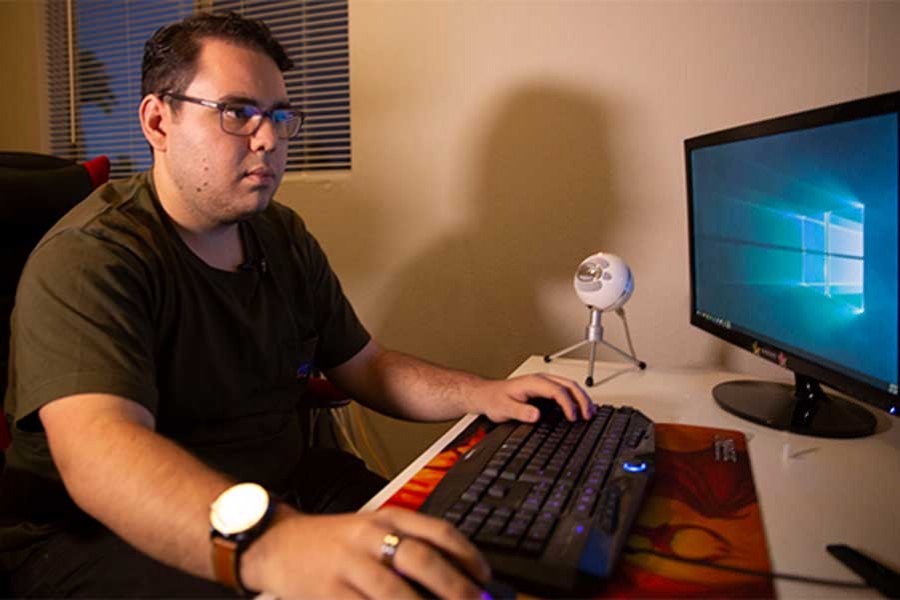The World Health Organisation (WHO) has formally added "Gaming Disorder" as a disease recognised by the International Classification of Diseases (ICD) in its 11th revision of its official collection of recognised conditions.
However, since it is a very new condition, no one is really sure about its extent, its impact or how best to treat it.
Ali M. Mattu, Professor of Medical Psychology in Psychiatry at Columbia University Clinic for Anxiety and Related Disorders, told IPS: "The vast majority of people who play video games do not become addicted, similar to how most people who use alcohol do not develop substance abuse problems". According to him, it is still hard to make a diagnosis regarding Gaming Disorder: "However, as this is a new diagnosis, we do not know how common Gaming Disorder is. We also don't know how much Gaming Disorder is a unique problem or how it is related to anxiety, depression, Attention Deficit Hyperactivity Disorder (ADHD), or other psychiatric problems."
The WHO defines Gaming Disorder as "a pattern of gaming behaviour characterised by impaired control over gaming, increasing priority given to gaming over other activities ."
The new ailment has been included in ICD-11 based on an existing consensus of experts in different fields, who were consulted during the drafting of the document; a document that had not changed since the early 90s.
The WHO says the disorder "follows the development of treatment programmes for people with health conditions identical to those characteristic of gaming disorder in many parts of the world, and will result in the increased attention of health professionals to the risks of development of this disorder and, accordingly, to relevant prevention and treatment measures".
Some studies during previous years had already drawn attention to Gaming Disorder as a pathological disease. For example, an Oxford study conducted in 2016 showed that only 0.5 per cent of the general population had symptoms of what is now known as Gaming Disorder, which implies that gaming is addictive.
This meant that, at the time, almost one million Americans had the possibility of suffering from Gaming Disorder, in accordance with the 5th edition of the Diagnostic and Statistical Manual of Mental Disorders' (DSM-5) criteria regarding addiction to online games.
Moreover, a 2016 study presented by the internet security company ESET found that around 6.0 per cent of respondents spend 24 hours gaming and 10 per cent spend between 12 and 24 hours gaming. And finally, Professor Douglas Gentile, expert on the impact of media on youth, concluded in a 2009 Iowa State study that one in every ten players is addicted to video gaming.
Specialists, however, argue that it is hard to separate Gaming Disorder from other diseases, and as Professor Mattu told IPS "we do not yet know what are the most effective ways to treat Gaming Disorder".
When asked to comment on the possible consequences of the WHO's decision, Professor Mattu concluded: "The ICD Gaming Disorder classification is likely to encourage more research which will lead us to have a better understanding of what this problem looks like, how common it is, and the best way to treat it. We will know much more when the next major version of the ICD is released".
—Inter Press Service


